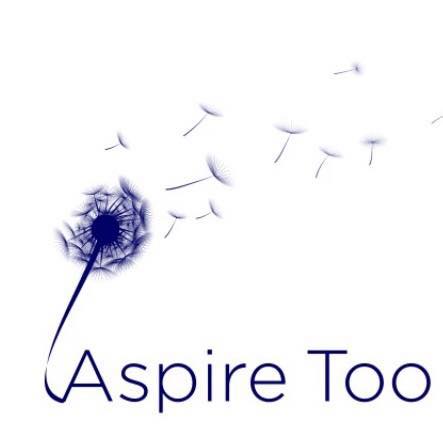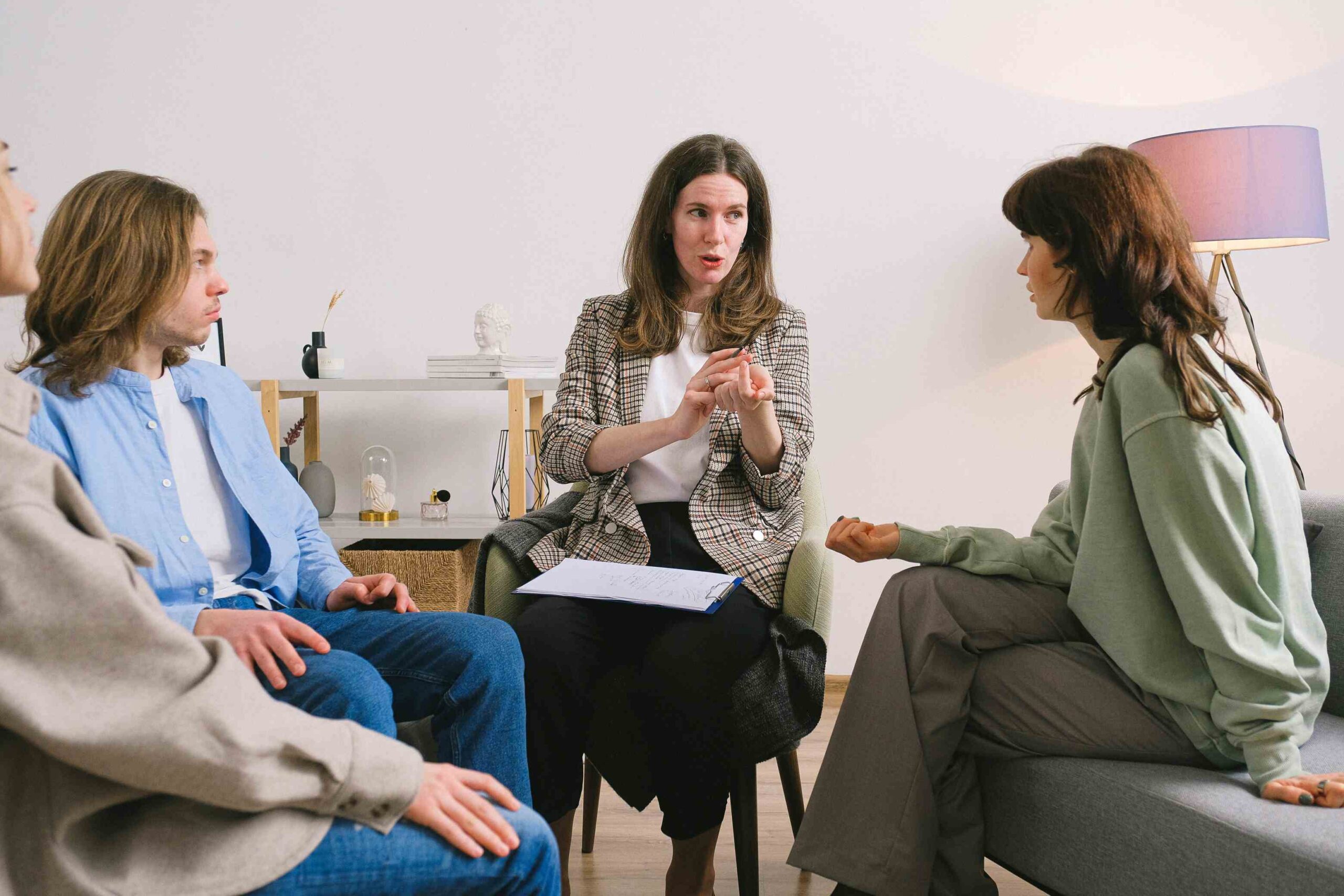When we think of therapy, we often imagine one on one time with a counsellor who is completely focused on you. So, the idea of therapy in a group can sometimes sound a little overwhelming or maybe even counterproductive. However, group therapy has held up to the test of time and has been a widely accessed and recommended option all over the world for decades now. There are many benefits to group therapy that might make it the right option for you.
One of the most powerful aspects of group therapy is the power of social connection within the therapy group. People who join a therapy group are generally all working towards a somewhat common goal and knowing that you are not alone in your quest for self-improvement can be a hugely comforting experience. Therapy groups can provide people with a unique opportunity to find a supportive and understanding environment with a strong positive and welcoming energy. In group therapy, the participants are all focused on mutual growth and wellbeing, through joint learning and sharing.
Group therapy is also an opportunity for deeper learning because you are not just sharing the experience with the facilitators of the group, you are also given the opportunity to learn from your peers. Whether it is by being exposed to questions that you wouldn’t have thought to ask, or from them sharing their insights and observations about the group materials, group therapy can provide a more well-rounded learning experience. Even if you are not comfortable sharing with the full group, being surrounded by likeminded individuals who are also open and ready to learn can be a truly healing experience.
Group therapy is not necessarily an alternative to individual counselling, it can complement your individual therapy journey or provide an alternate perspective and change of pace in your journey to mental wellbeing. Many counsellors will recommend groups to their clients to more wholistically support their mental health and wellbeing and offer fresh perspectives and motivations to support their overall growth. If you are in individual therapy, ask your counsellor about groups you might be considering taking and whether they think they might be a good fit for you.
Another perk of group therapy is that therapy in a group is generally a more cost-effective option than one on one therapy. You will often get weeks and weeks of counselling for the price of 2-3 sessions of one-on-one therapy. This is possible because group therapy is also a group investment in the therapist’s time and shares the cost. Group therapy at Aspire Too is an even better deal because you also get access to two free individual sessions with one of our student counsellors, which can be helpful if group therapy is bringing up personal things that you would like help processing but may not feel comfortable sharing with the whole group.
Group therapy allows you to access the knowledge of mental health professionals without any pressure to share your own story. Sharing your own stories and perspectives is an optional but welcomed part of group therapy, but you only need to share what you are comfortable sharing or what is relevant to the group.
Frequently Asked Questions About Group Therapy
- What is group therapy?
Group therapy involves a small group of individuals meeting regularly with a trained therapist to address specific challenges, share experiences, and learn new skills. It provides a safe, supportive environment where participants can connect, grow, and practice strategies for change.
- How many people are typically in a group?
Most therapy groups consist of 6-12 participants, ensuring an intimate setting where everyone has the opportunity to contribute and benefit from the sessions. However, group sizes may vary depending on the size of space and type of group.
- Will I have to talk or share personal details?
While participation is encouraged, you’re not required to share anything you’re uncomfortable with. Many people find they feel more comfortable opening up over time as trust builds within the group.
- Is group therapy confidential?
Yes, confidentiality is a cornerstone of group therapy. Group members and the therapist agree to maintain privacy and ensure a safe space for everyone to share openly.
- How is group therapy different from individual therapy?
Group therapy focuses on shared experiences and group dynamics, allowing participants to learn from and support each other. It complements individual therapy by providing a broader perspective and real-world practice of interpersonal skills.
- What types of issues can group therapy address?
Group therapy can help with a wide range of challenges, including anxiety, depression, stress management, grief, relationship issues, emotional regulation, and more. Some groups may focus on specific topics, like Dialectical Behavior Therapy (DBT) skills or trauma recovery.
- What happens during a typical group session?
Group sessions often include a mix of joint learning, skill-building, group discussions, and opportunities to share personal experiences. The specific format will depend on the group’s focus and goals.
- What if I don’t get along with someone in the group?
Differences among group members can offer valuable opportunities for growth and learning. The therapist is there to facilitate discussions, manage conflicts, and ensure the group remains a supportive and respectful space.
- How long do group therapy programs last?
The length varies, but many groups run for a set number of weeks, such as 6–12 sessions.
- Is group therapy effective?
Yes! Research shows that group therapy is highly effective for addressing emotional and interpersonal challenges. Many participants find that the shared experiences and peer support enhance their progress and overall well-being.
- Can I participate in group therapy if I’m also in individual therapy?
Absolutely! Group therapy often complements individual therapy, offering additional insights and opportunities to practice the skills you’re learning.
- How do I know if group therapy is right for me?
If you’re looking for connection, shared experiences, and practical skill-building, group therapy may be a great fit. Reach out to your therapist or the group facilitator to discuss your needs and goals.
- How do I sign up for a group?
Follow us on social media or check our website for information on what therapy groups we have available. You can contact us at (306) 382-2391 or reception@aspiretoo.ca to learn more about our groups, ask questions, and register. If you have not tried group therapy before or have questions, we’re happy to help you find the right fit!
Elsie Hartnett
B.Ed., MACP, CCC

